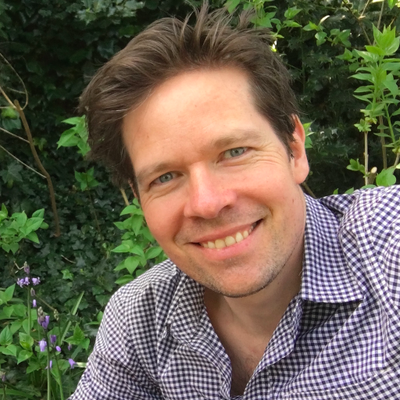Edward (Jed) Stevenson

Education:
- PhD in Anthropology at Emory University (2011)
- MPH in Global Health at Emory University
- Bachelor’s in Archaeology, Classics , and Classical art at University College London
Position:
Assistant Professor of Anthropology at Durham University
Publications (Dissertation):
Phd Dissertation
- Schooling and Life Chances: Explaining the Effects of Mother’s Schooling on Child Health in Ethiopia advised by Dr. Hadley
Biography:
Dr. Edward (Jed) Stevenson became interested in anthropology as an undergraduate by working on archaeological sites in the Mediterranean and Persian Gulf. Since then, he has shifted his attention to studying issues of health and disease in Africa through obtaining his MPH in Global Health and PhD in Anthropology at Emory University. His PhD dissertation focused on analyzing the connections between schooling and child health in Ethiopia. This fieldwork involved following a cohort of children in Ethiopia for the first years of their lives to understand influence of parent’s schooling on response to illness. After receiving his PhD, he has held postdoctoral research positions in global health at Emory and Evolutionary Anthropology and University College London and is now teaching medical anthropology at Durham University.
Dr. Stevenson’s research is centered around health and human development in sub-Saharan Africa and in particular, Ethiopia. Broadly, his research focuses on three major topics: child development, social inequalities, and hunger and thirst. He is interested in how societies’ investment in children impact the opportunities for children later on, with an emphasis on effects of social and environmental change. He is also interested in understanding poverty where wealth cannot be understood from a Western lens by cash income, but rather through other economic means such as livestock and farmland. More importantly, he analyzes how these different definitions of poverty that affect’s people statuses are contested or in flux. Finally, he has used mixed-methods approach in his research, such as novel ways of measuring access to water at the household level, to understand water and food insecurity in Ethiopia.
His current work is focused on the intersections of these topics in the context of dam and irrigation projects that are creating social and environmental changes in Ethiopia’s Lower Omo. Valley. He co-founded the Omo-Turkana Research Network in an effort to bring together researchers from various disciplines across the world to the major changes occurring in this river basin and the repercussions these irrigation projects have on the people of the region .